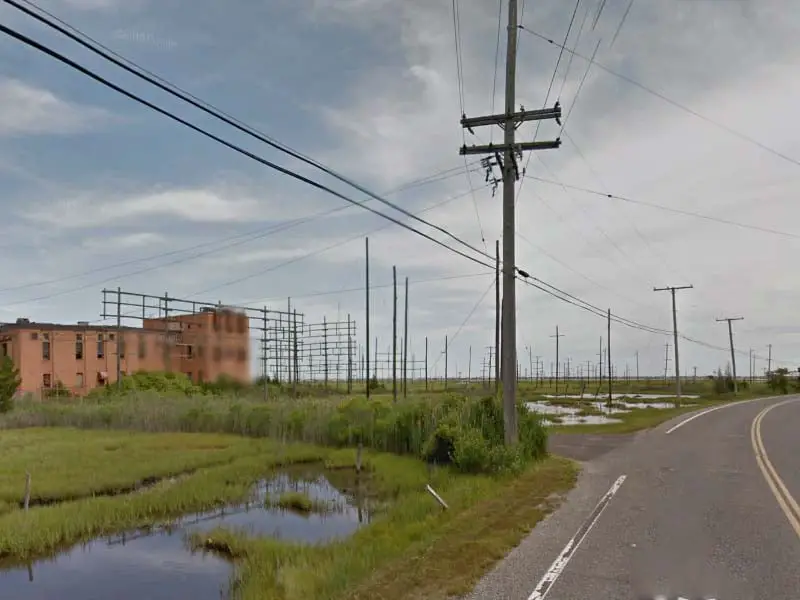In a dramatic turn of events, voters in South West Norfolk have delivered a significant blow to the Conservative Party, marking one of the most striking defeats in the party’s history. Former Prime Minister Liz Truss lost her seat by 640 votes to Labour candidate Terry Jermy. This loss is seen as a symbol of a broader collapse for the Conservatives, who are experiencing one of their worst electoral performances.
Liz Truss, who had previously secured a commanding 26,000 majority in the 2019 election, found herself unexpectedly vulnerable in this election. Despite her long-standing representation of South West Norfolk for 14 years, local activists noted her relative absence during the campaign, contributing to her surprising defeat. Truss’s short but turbulent tenure as Prime Minister is cited by many Conservatives as a key factor in the party’s widespread losses.
In her post-defeat interview with the BBC, Truss reflected on the broader issues faced by the Conservative Party, acknowledging the failure to deliver on key policies such as tax reduction and immigration control. She emphasized that these shortcomings, particularly on immigration, played a crucial role in her loss in South West Norfolk. However, Truss did not deliver a concession speech on the night of her defeat.
The result in South West Norfolk has become emblematic of the Conservative Party’s overall dismal performance. With 638 out of 650 seats counted, the party had only secured 118 seats, placing it on track for its worst electoral outcome, even surpassing the infamous 1997 defeat. This dramatic shift underscores the significant challenges the party faces in regaining public trust and support.
Truss’s acknowledgment of her role in the party’s decline was clear. She admitted that the Conservatives had not done enough during their 14 years in power to address critical issues, particularly those that hindered the deportation of illegal immigrants due to the Human Rights Act. This, she argued, was a significant factor in the party’s current predicament.
Two years prior, Truss held the position of Foreign Secretary under Boris Johnson’s government, with the Conservatives trailing only six points behind in the polls. However, her rapid ascent to Prime Minister, followed by the controversial tax-cutting “mini budget,” led to a dramatic economic downturn and her subsequent resignation. The repercussions of these chaotic months are still reverberating, with many Conservatives blaming her for the party’s tarnished reputation for economic competence.
A senior Conservative source lamented the loss of the party’s reputation for competence, highlighting how difficult it is to recover once such a reputation is lost. Despite this, Truss maintained a degree of popularity among some parliamentary colleagues. Outgoing Home Secretary James Cleverly expressed his continued admiration for Truss, acknowledging the impact of her high-profile role on the election results.
Cleverly praised Truss’s parliamentary contributions and acknowledged the challenges she faced as Prime Minister. He noted the affection he holds for her, despite the unfortunate electoral outcome. This sentiment reflects the complex legacy of Truss’s political career, marked by both her rapid rise and the subsequent challenges that defined her short tenure as Prime Minister.
As the Conservatives grapple with the aftermath of this electoral disaster, the result in South West Norfolk serves as a stark reminder of the party’s need for introspection and renewal. The defeat not only marks the end of Truss’s parliamentary career but also symbolizes a broader call for the party to address its failings and reconnect with the electorate.
In the coming weeks, the Conservative Party will need to undertake a comprehensive review of its strategies and policies to rebuild its reputation and regain voter trust. The loss of a prominent figure like Truss underscores the urgency for the party to realign its priorities and address the issues that have led to this historic defeat.
The South West Norfolk result, along with the overall poor performance, highlights a critical juncture for the Conservatives. The party’s ability to learn from this defeat and implement meaningful changes will determine its future trajectory in British politics. As the dust settles, the Conservative Party faces the daunting task of rebuilding and redefining its identity in the wake of this monumental loss.
